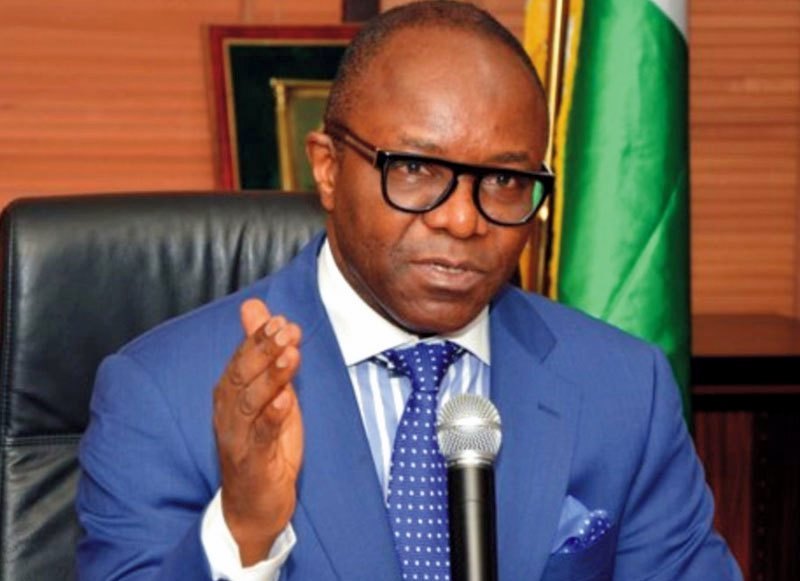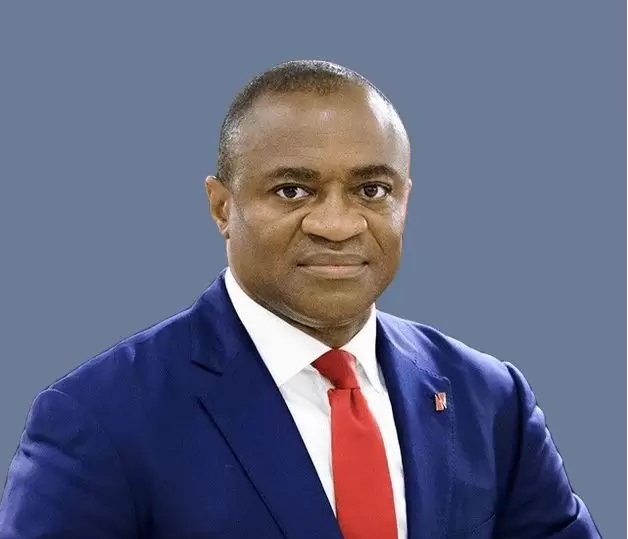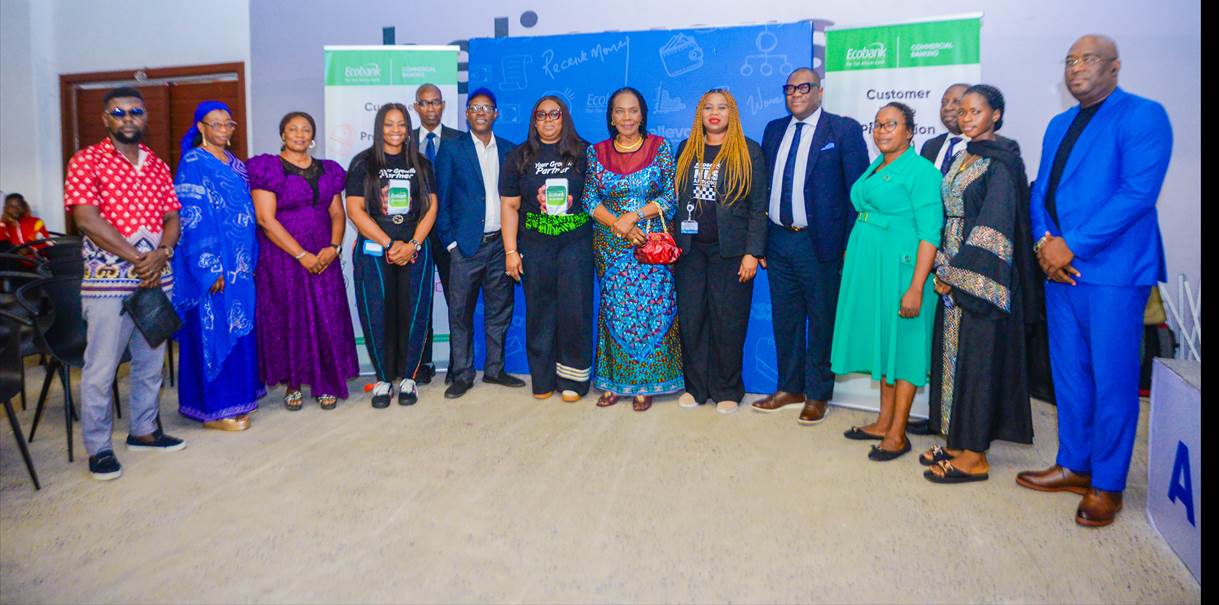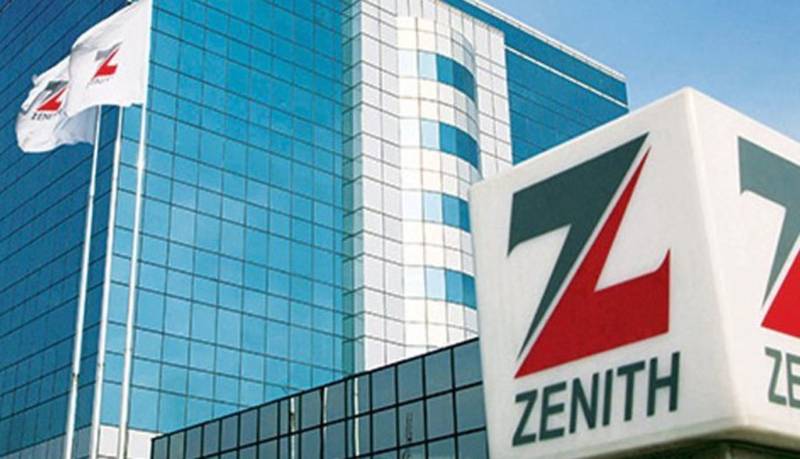Business
We Have Sufficient Fuel, Kachikwu Assures Nigerians

The Minister of State for Petroleum Resources, Dr. Ibe Kachikwu, on Sunday assured Nigerians that there is sufficient Premium Motor Spirit (petrol) in the country.
Kachikwu in an Interview with the News Agency of Nigeria in Lagos, said that the country had gone past the era of fuel scarcity and urged motorists to desist from panic buying.
“I can say that there shouldn’t be any reason for fuel scarcity, we have gone past the era of fuel scarcity.
“NNPC informed me when I made inquires that they imported enough.
“Yesterday, I saw a few pockets of scarcity in Abuja, but I was told that it was Petroleum Equalisation Fund (PEF) related distribution issues, and it will be sorted out as soon as possible..
“So, it is not an issue of lack of sufficiency, I am told they have about 28 day’s sufficiency, two weeks ago, they presently have between 14 and 15 days product sufficiency,’’ he said.
The minister noted that the 28 days sufficiency was okay based on 50 million litres daily utilisation in the country.
“ I don’t expect to see a scarcity, I just expect them to work hard over the next few days to deal with whatever logistic issue they have. I will be working with NNPC on that,’’ he added
On queues building up in some filling stations in Lagos and Abuja, he maintained that the country was wet enough to serve the needs of motorists.
“ I haven’t visited Lagos cities, but the information I have is that there is enough product on ground and we should be able to deal with whatever it is.
“The problem with fuel scarcity is that if you allow it to last for three days , then it builds up a life of its own.
“That is what I have enforced NNPC to do to make sure that it is resolved,’’ he said.
Kachikwu noted that it would had been a major issue for the country if there was insufficient product on ground but assured that NNPC would be able to resolve whatever the situation was in a few days.
A check by NAN on Sunday in Abuja, revealed that there were no queues in most filling stations along Airport road and Kubwa expressway.
NAN reports that at NNPC outlet, Conoil and NIPPCO filling stations along airport road, motorists were buying fuel with ease, except at the NNPC mega station at the Central business district, which a short queue.
A taxi driver, Johnson Adio said “this is not a serious queue, I spent just 20 minutes before buying, it is normal with this station because a lot of people like buying from them.
“It was on Friday that we had a little problem, but it is okay now,” he said.
Also, along the Kubwa Express way, there was no queue at AA Rano filling station, Shema, Mobil and NNPC stations.
NAN also reports that only few filling stations like DAN oil along the airport and the Kubwa express way were closed.
(NAN)
Business
UBA Announces Strategic Expansion into Key Markets Across Africa

UBA Group senior executives recently concluded the Group’s Half Year Business Review. Held at global headquarters in Lagos Nigeria, Group Managing Director/CEO, Oliver Alawuba, brought together executives responsible for UBA’s twenty-four countries of operation.
It was an opportunity to restate the Group’s pan-African strategy, and commitment to further expanding the Group’s coverage across high potential markets across Africa, while also deepening its operations in its existing twenty African presence markets. With over 51.7% of Group revenues from ex Nigerian operations, UBA’s journey to being Africa’s most diversified financial services group was clearly in evidence,
The international strategic intent reinforces with the Group’s intention to deliver innovative financial solutions to its fast-growing global customer base. The strategy demonstrates UBA’s unique position as Africa’s global bank and ability to leverage growth opportunities in emerging and leading African markets.
The Group commenced its Pan African journey, with its entry into Ghana in 2004, followed by rapid expansion into 18 additional African markets. Today, as a resilient and future-focused institution, UBA continues to push boundaries by connecting Africa to the world and the world to Africa.
Mr Alawuba highlighted the Group’s expansion plans, disclosing that the Group is excited about the vast opportunities that the new markets present, a testament to UBA Group’s confidence in the African economy, providing world-class banking services that meet the continent’s evolving needs.
“UBA’s vision is clear – we are building a truly global institution anchored in Africa, but serving customers across continents. Further strategic expansion positions us to unlock new opportunities, support intra-Africa trade, and deliver world-class banking experiences wherever our clients choose to do business,” Alawuba said.
“In Europe, UBA has operations in the United Kingdom and upgrading its license in France, expanding its capacity to serve cross-border trade, investment flows, and the African diaspora, complementing our over 40-year presence in NY. These moves signal a clear message of UBA’s intent to reshape the competitive landscape”, Alawuba further said.
As part of the Group’s plan to expand its global presence, UBA, in January, announced plans to open operations in Saudi Arabia.
Operating in twenty African countries and the United Kingdom, the United States of America, France and the United Arab Emirates, UBA provides retail, commercial and institutional banking services, leading financial inclusion and implementing cutting edge technology. United Bank for Africa is one of the largest employers in the financial sector on the African continent, with 25,000 employees’ group wide and serving over 45 million customers globally.
Business
Sustainable Education Ecosystem: Ecobank Unveils Customer Value Proposition

Ecobank Nigeria, an affiliate of the leading pan-African banking group, Ecobank Group, has announced a comprehensive suite of innovative financial solutions designed to support all key stakeholders within the education ecosystem. These offerings are aimed at driving financial inclusion, operational efficiency, and sustainable growth across the sector.
For school owners and educational leaders, Ecobank offers cash-backed loans to support both operational and capital expenditures. These are complemented by treasury management tools that enhance financial oversight, along with digital collection platforms that ensure seamless and efficient school fee processing. Teachers and non-teaching staff also stand to benefit significantly. Ecobank provides salary access tools that enable timely and flexible income management, career development programs to support continuous professional growth, and financial wellness plans designed to promote long-term financial stability.
Suppliers and partners within the education value chain benefit from tailored financial solutions such as invoice factoring for improved cash flow, inventory financing to maintain operational continuity, and marketplace visibility to expand their reach and business opportunities within the sector.
Speaking at the unveiling event in Lagos, Kola Adeleke, Executive Director, Commercial and Consumer Banking at Ecobank Nigeria, reaffirmed the bank’s commitment to empowering the education sector with practical financial solutions that address real-world challenges, enabling all participants, from institutions and educators to families and partners, to thrive.
“Our integrated financial and non-financial propositions form part of a broader strategy to strengthen our leadership in the education financing space, while contributing meaningfully to national and continental goals around access, equity, and excellence in learning. We have designed these solutions to meet the diverse needs of school proprietors, teaching and non-teaching staff, students, and parents. Ecobank is committed to empowering the education sector through seamless collections, access to credit, and a suite of sustainability-focused offerings. Education is a pillar of national development, and we recognize the sector as an integrated system of needs and opportunities. Our goal is to support this system not just with financing but also with digital tools, career development programs, and sustainability initiatives,” he said.
Also speaking, Adebukola Ademiluyi, Head of Education, Faith, and Social Services at Ecobank Nigeria, highlighted the bank’s commitment to affordable and inclusive financing options. She noted that by integrating smart financing with sustainability, digital infrastructure, and inclusive participation, Ecobank is pioneering a full-service banking model tailored to the realities of Africa’s education sector.
“More than just funding, we are enabling seamless school management systems through API partnerships that digitize operations such as student registration, staff payroll, inventory management, and parental communication. We also place strong emphasis on supporting parents and guardians, providing financial planning tools, access to student loans, merit-based scholarships, and child progress monitoring systems. These innovations are designed to ease financial burdens and deepen parental involvement in their children’s academic journeys,” she said.
Business
Zenith Bank Retains Top Position in Nigeria by Tier-1 Capital

Zenith Bank Plc has retained its position as the Number One Bank in Nigeria by Tier-1 Capital for the sixteenth consecutive year, in the 2025 Top 1000 World Banks’ Rankings, published by The Banker, Financial Times Group, United Kingdom.
This ranking places Zenith Bank Plc as the 581st Bank globally, with a Tier-1 Capital of $2 billion.
The global rankings, published in the July 2025 edition of The Banker, was based on the 2024 year-end Tier-1 capital of banks. This is the primary basis for most international organizations’ assessments of banks.
Commenting on this achievement, the Group Managing Director/CEO of Zenith Bank Plc, Dame (Dr.) Adaora Umeoji, OON, said, “We are thrilled to have retained our position yet again as the Number One Bank in Nigeria by Tier-1 capital for the 16th consecutive year. This achievement is a reflection of the bank’s robust financial performance, prudent risk management and steadfast dedication to delivering exceptional value to our customers and stakeholders”.
She thanked the Founder and Chairman, Jim Ovia, CFR, for his visionary and transformative leadership which has played a pivotal role in cultivating a resilient and thriving institution. She also expressed her deepest appreciation to the bank’s esteemed customers for their continued loyalty to the Zenith brand, the Board for the sound corporate governance, and the staff for their relentless & tireless efforts in ensuring the bank’s success.
Tier-1 Capital describes capital adequacy, the core measure of a bank’s financial strength from a regulator’s perspective. According to the ranking, Tier-1 Capital, as defined by the Bank for International Settlements (BIS) guidelines, includes loss-absorbing capital, i.e., common stock, disclosed reserves, retained earnings, and minority interests in the equity of subsidiaries that are less than wholly owned. A strong Tier-1 capital ratio boosts investor and depositor confidence, indicating the Bank is well-capitalised and financially stable.
According to the audited financial results for the 2024 financial year presented to the Nigerian Exchange (NGX), the Bank recorded a double-digit growth of 86% in gross earnings, increasing from N2.13 trillion in 2023 to N3.97 trillion in 2024. This growth was driven by a 138% increase in interest income, supported by investment in high-yield government securities, and growth in the Bank’s loan book.
Zenith Bank’s profit before tax (PBT) rose by 67%, reaching N1.3 trillion in 2024 from N796 billion in 2023. This performance saw the bank record an unprecedented total dividend payout of N195.67 billion at N5.00 per ordinary share in the 2024 financial year.







1 Comment